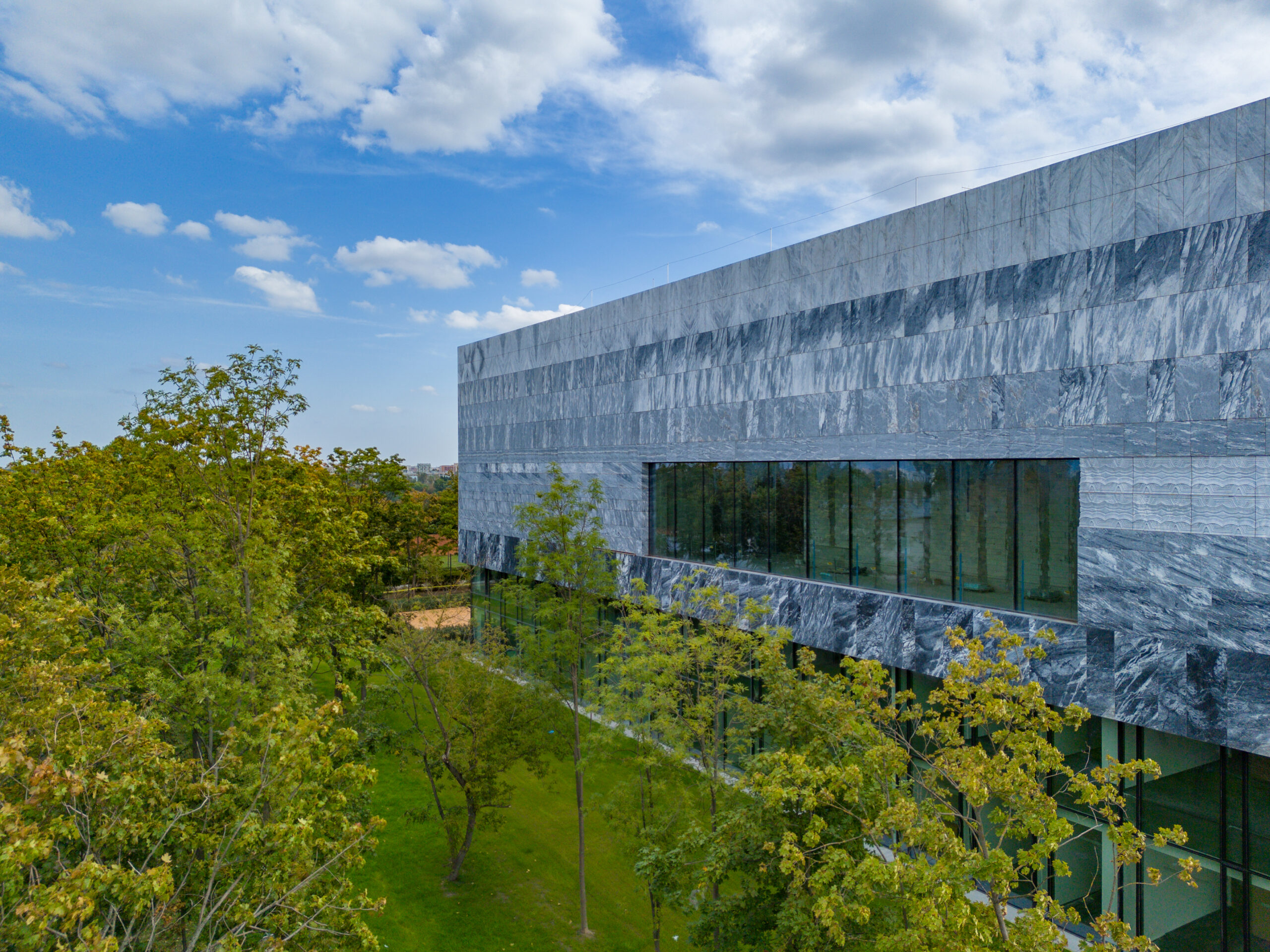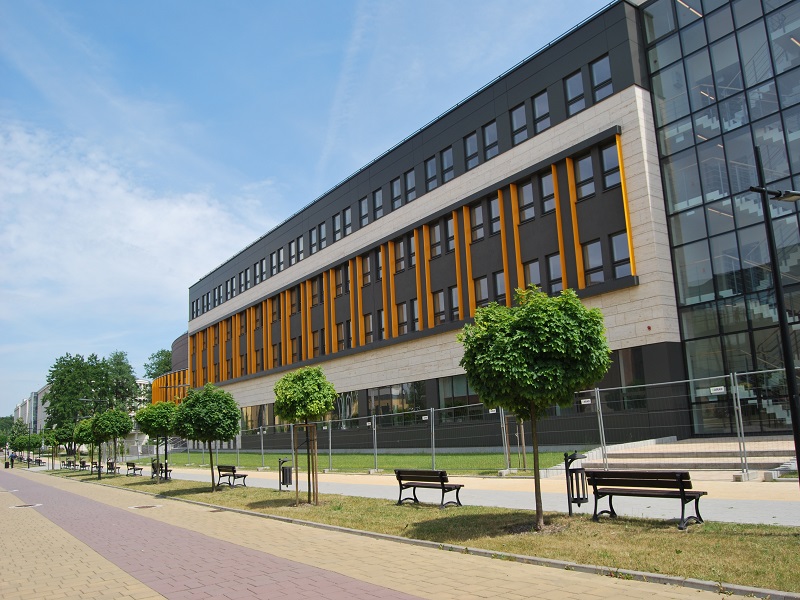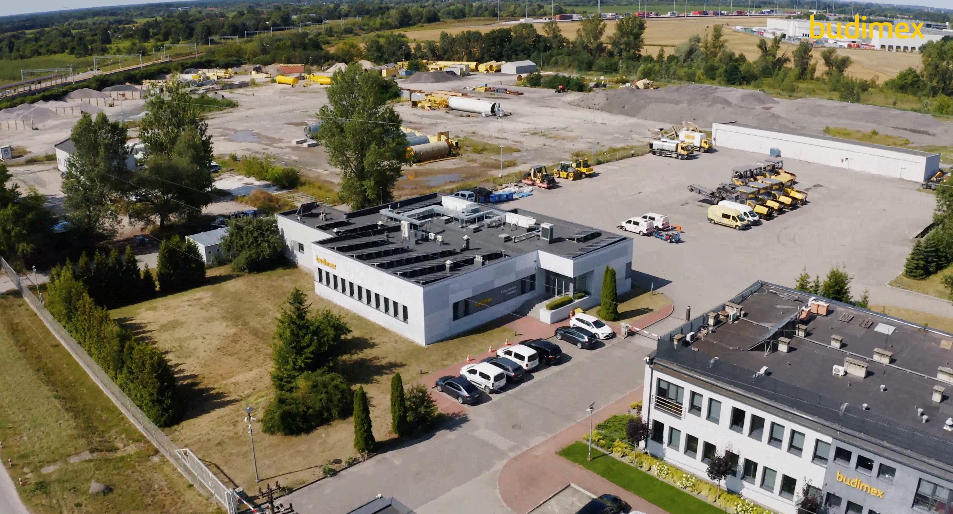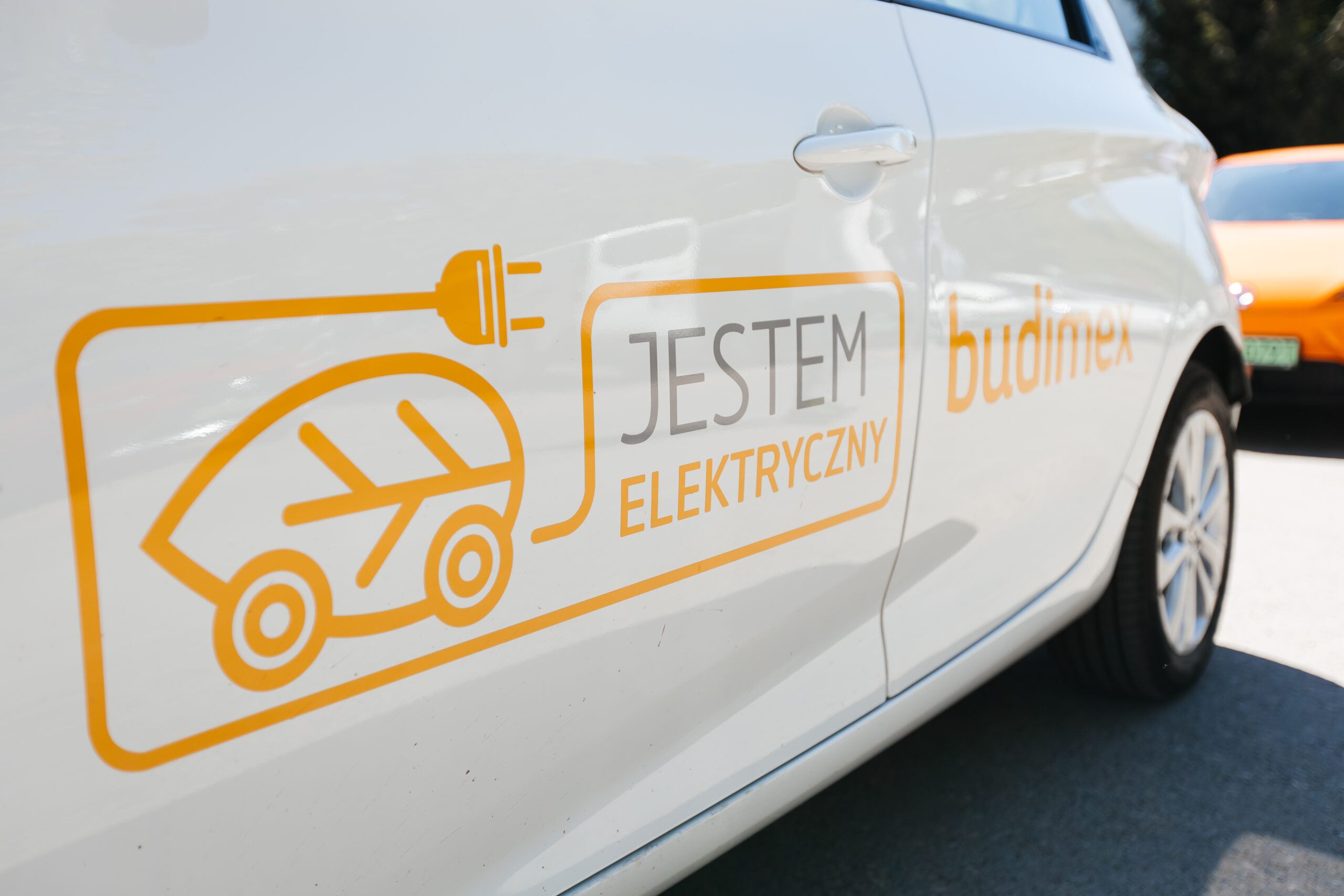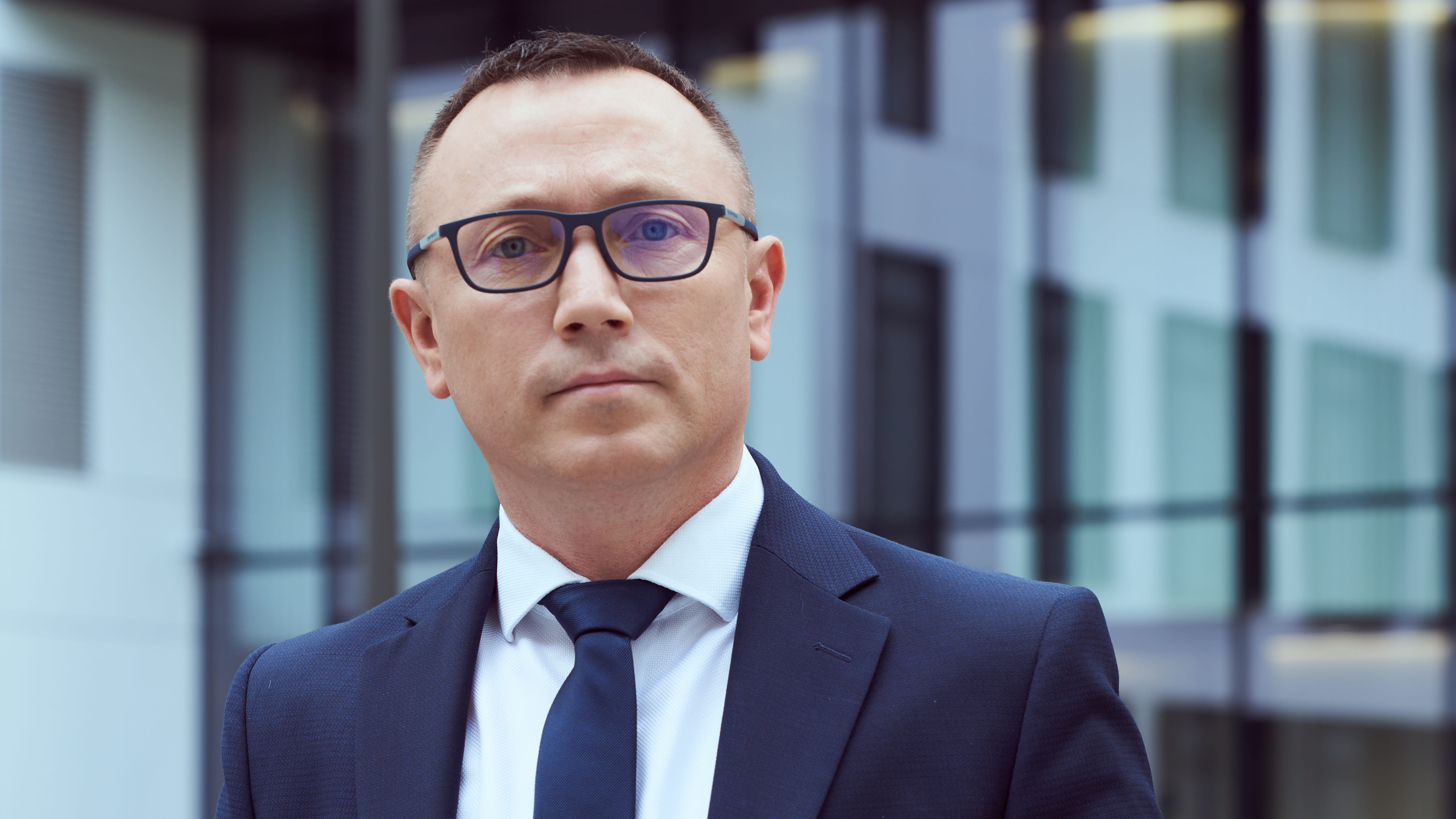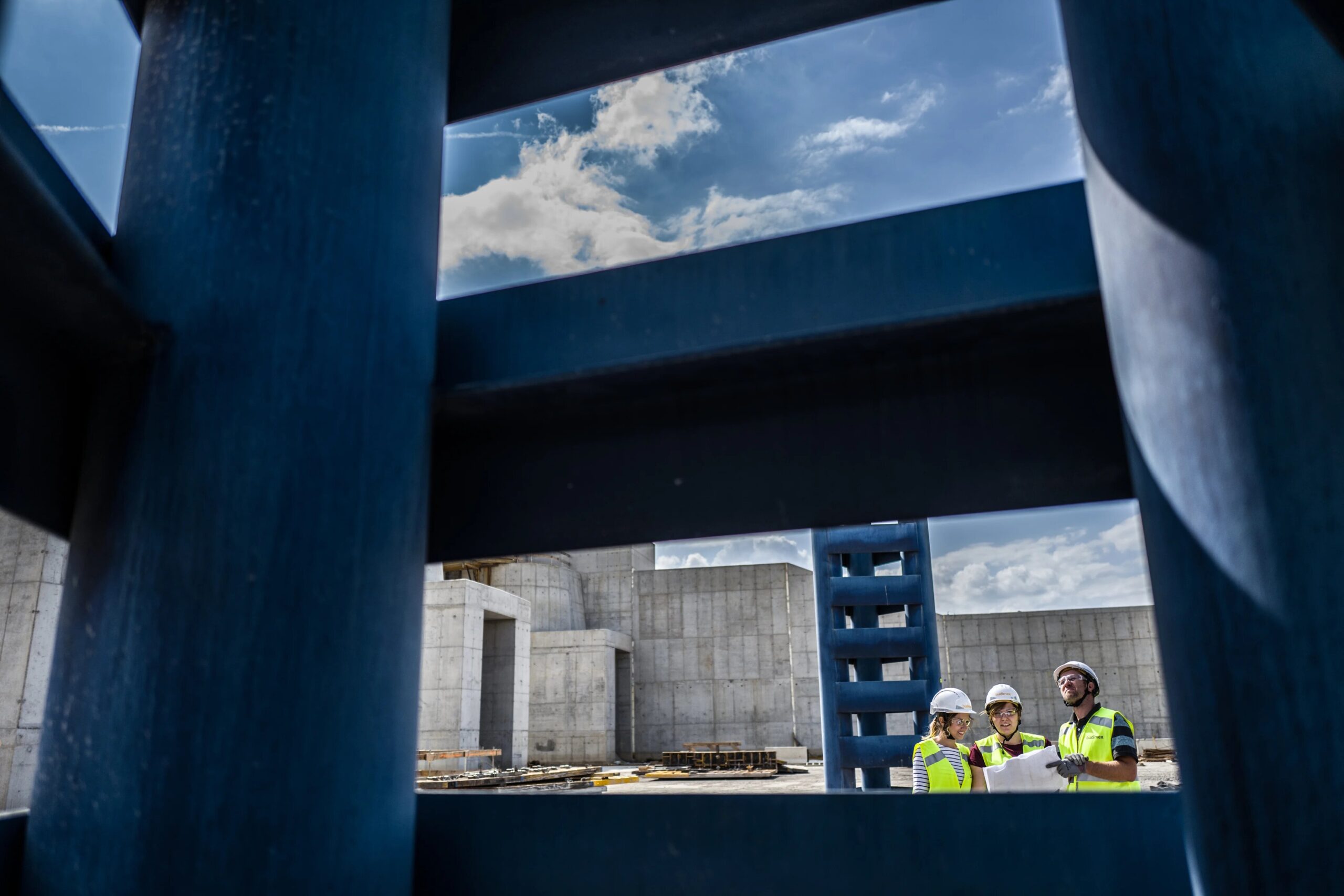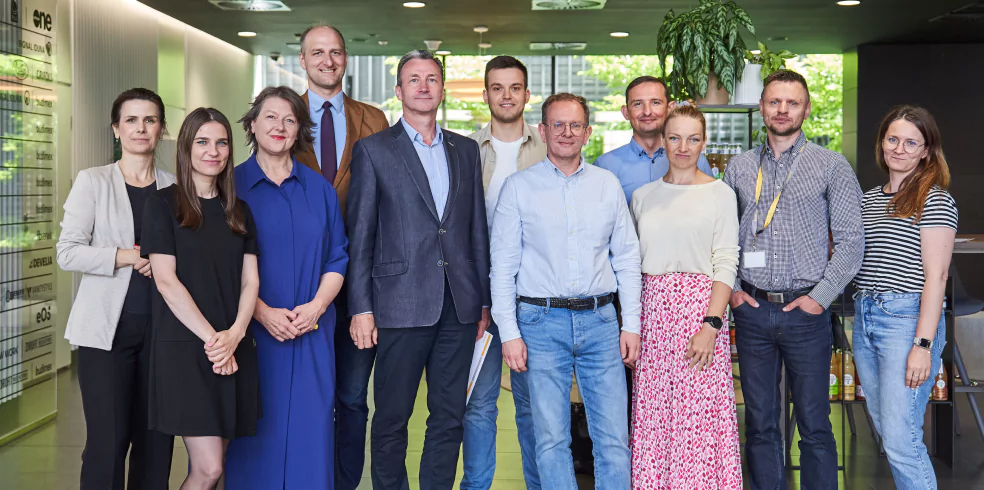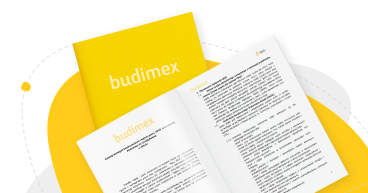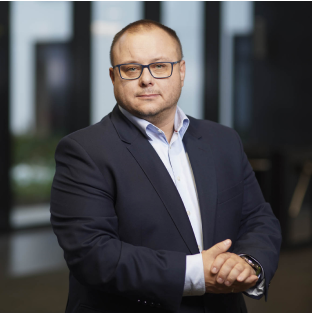17.05.2023
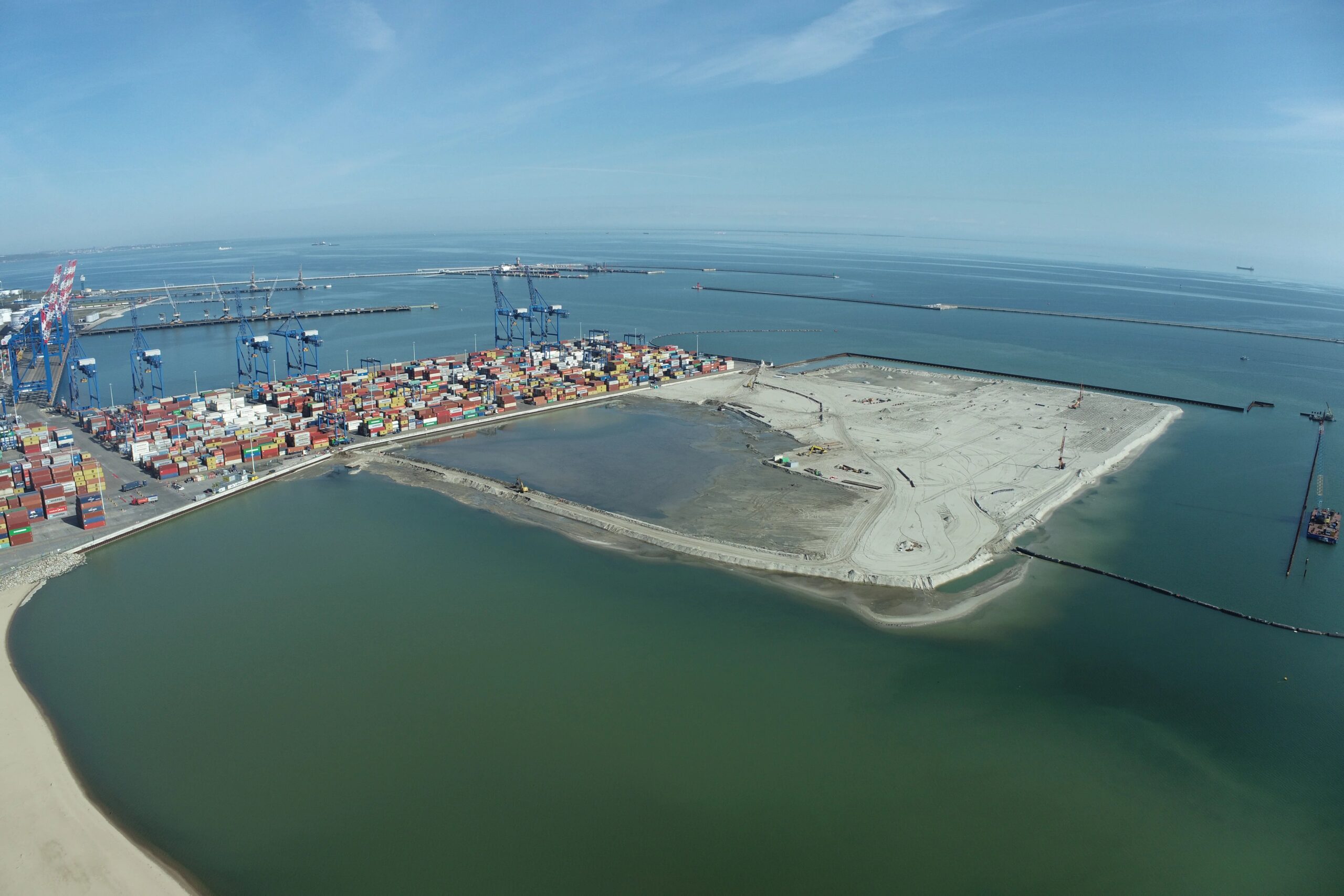
The new T3 Batic Hub container terminal, implemented by the consortium of Budimex and DEME, has already gained a visible outline. Its contour and surface are visible even from land. Pile driving, dredging and silting works are underway, and the ground for the terminal structure is being built-in.
– Currently, m.in are underway. dredging and silting work to construct the platform that will form the basis of the new container terminal. The total amount of excavated ore at the end of March amounted to over 3 million m3, almost half of which was used to land the new area. The work is carried out using 3 TSHD dredgers Artevelde, Pallieter, Uilenspiegel. At the same time, work is underway on the construction of the northern wall. So far, nearly 100% of the range of AZ type walls with a length of 22.5 m and a total weight of over 4200 t have been installed using vibratory methods. In this way, we built a structure for the future quay with a length of 747 m. – says Jakub Długoszek, Director of Infrastructure Construction at Budimex SA.
Timeline of investments
The construction of the T3 project is being carried out in two stages. In the first phase, the consortium of Budimex and DEME will build a 36-hectare terminal next to Terminal 1. This new terminal area, which will be completed by the first half of 2024, will be fully reclaimed from the sea. This will increase the Baltic Hub’s handling capacity by 1.5 million TEUs (20-foot containers) to 4.5 million TEUs per year. In the second phase, the construction of a 717-metre-long and 17.5-metre-deep quay wall will begin. It is expected to start in early 2023 and end in the second quarter of 2025.
The T3 project also includes the purchase of seven quay cranes that are capable of handling the largest ships in the world, as well as 20 semi-automatic rail-mounted gantry cranes (RMGs) for the container yard, which operators will be able to control remotely from ergonomically designed workspaces. This will allow for a safer, efficient, modern and more comfortable working environment 365 days a year.
About Baltic Hub
Baltic Hub (BH) started operating in 2007 under the name DCT Gdansk and has a handling capacity of up to 3 million TEU per year. The total length of the terminal’s two deep-water quays is 1.3 km, which allows for the simultaneous handling of 4 vessels. The terminal handles more than 700 ships per year, including 100 calls of the largest container ships in the world. In 2021, the terminal handled over 2.09 million TEUs. On April 8, 2021, BH reached the milestone of 15 million TEUs, the total capacity handled since the terminal’s inception. BH employs over 1,200 people, of which over 50 percent. lives in Gdańsk and the surrounding area. The terminal has a direct and significant impact on the regional and Polish economy, generating more than PLN 12 billion annually for the state budget from VAT, excise duty and customs. BH is owned by PSA International (40%), the Polish Development Fund (30%) and the IFM Global Infrastructure Fund advised by IFM Investors (30%).
About PSA International
PSA International (PSA) is a leading port group and a trusted partner for cargo stakeholders. With flagship operations in Singapore and Antwerp, PSA’s global network includes 160 locations in 42 countries around the world. The Group’s portfolio includes more than 60 deepwater, rail and inland terminals, as well as related companies in supply chain management, logistics, maritime and digital services. Building on the deep knowledge and experience of its diverse global team, PSA actively works with its customers and partners to deliver world-class port services, develop innovative cargo solutions and co-create the Internet of Logistics. As the partner of choice in the global supply chain, PSA is the “world port of call”. Visit us on www.globalpsa.com or follow us on LinkedIn and Facebook (@globalpsa).
About DEME
DEME (Euronext Brussels: DEME) is a leading contractor in the fields of offshore energy, environmental remediation, dredging and offshore infrastructure. DEME is also involved in offshore wind concession activities, offshore infrastructure, green hydrogen and deep-sea mineral harvesting. The company can draw on more than 145 years of experience and is at the forefront of innovation and new technologies. DEME can rely on around 5,000 highly skilled professionals and operates one of the largest and most technologically advanced fleets in the world.


